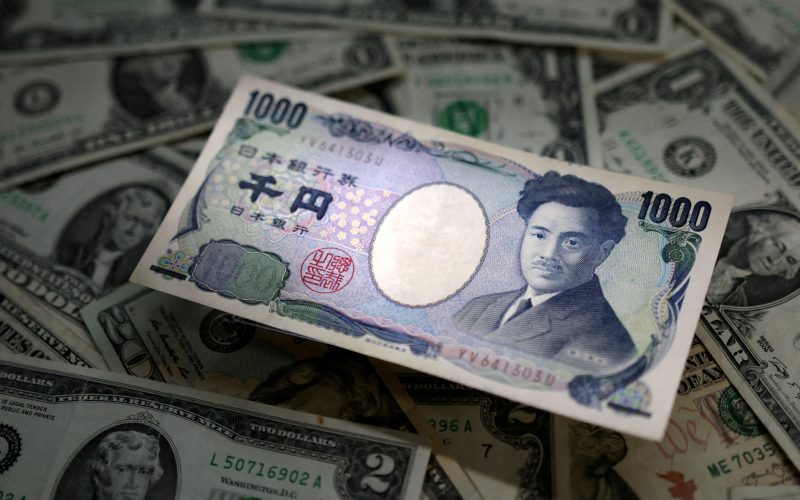Official data released on Thursday revealed that Japan, once poised to lead the world’s economy, has fallen below Germany in global rankings, securing the fourth position. Meanwhile, projections indicate India’s forthcoming ascent in the global economic landscape.
Currency Fluctuations and Economic Impacts

Yen depreciation and policy differences contribute to Japan’s decline
The depreciation of the yen against the dollar, notably by nearly one-fifth in 2022 and 2023, has been a significant factor in Japan’s economic shift. Policy disparities, particularly the Bank of Japan’s decision to maintain negative interest rates while other major central banks raised borrowing costs, have further influenced currency dynamics and economic performance.
Challenges Facing Export-Driven Economies

Manufacturing woes and geopolitical tensions affect Germany and Japan
Both Japan and Germany heavily rely on exports, but Germany’s manufacturing sector has faced challenges such as soaring energy prices and geopolitical tensions, particularly Russia’s actions in Ukraine. Germany has also contended with issues like interest rate hikes and labor shortages, impacting economic stability.
National Responses and Political Pressures

Leaders navigate economic challenges and public expectations
In response to economic shifts, German Finance Minister Christian Lindner addressed low-growth expectations as a call to action for his country. Meanwhile, Japanese Prime Minister Fumio Kishida faces mounting pressure, exacerbated by public dissatisfaction and political scandals.
Future Projections and Imperatives

India’s rise and calls for economic reform
Projections from the International Monetary Fund suggest India’s impending overtaking of both Japan and Germany in the coming years. This underscores the urgency for Japan to accelerate economic reforms and address longstanding structural issues to remain competitive in the global arena.













